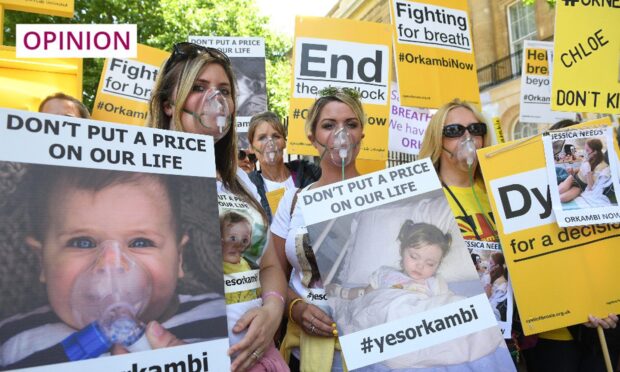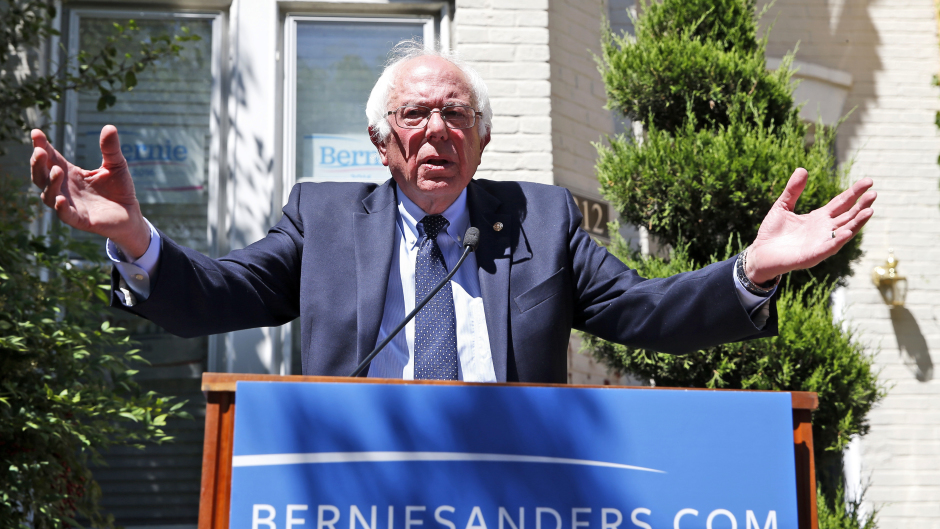Perhaps the reason the story of the French Parkinson’s sufferer who learned to walk again with the aid of a spinal implant that sends impulses to his brain touched me so much was because it sparked memories.
Once seen, you never forget the awful frozen gait that Parkinson’s causes. She would stand, my mother, in the hall, gripping a Zimmer, head bent, staring at her foot, willing it to move.
There was always a sense of puzzlement, the silence filled with unspoken messages between her brain and wayward legs: I am instructing you to move; why are you refusing? Then, the massive effort of another step, before the frustration of her broken body freezing again. I watched with sadness but also awe at how incredible the human spirit can be: the things it endures; the way it compensates.
There was the joy, in the Frenchman’s story, of rebirth. For 20 years, he had struggled with mobility, but now, aged 63, he walked almost four miles round a lake every Sunday. A medical miracle from a Swiss team of neuroscientists.
But, just as my spirits rose at such human ingenuity, other medical news was announced. The National Institute for Health and Care Excellence (NICE) had deemed the cystic fibrosis drugs Orkambi, Symkevi and Kaftrio to be too expensive for use in the National Health Service. A matter of prioritisation for NICE; a matter of an additional 30 years of life for cystic fibrosis sufferers.
The juxtaposition of these two stories captured just why I despise the pharmaceutical industry. Human skill and expertise get corralled into a free market enterprise, a money-making lottery in which some get to live and some get to die, but the powerful always, always get to be rich.
We’re not discussing business – we’re talking about life or death
The American pharmaceutical sector – which accounts for over 40% of the global industry – has an annual turnover of $550 billion. The UK – which is in the top 10 national pharmaceutical markets, with 2.3% of the global share – turns over £57 billion.
This would make impressive reading if it were confined to the pages of Business Enterprise Magazine and we were discussing state-of-the-art fridges. But we’re discussing sick babies struggling for breath, and young mothers with cancer, and dads with heart problems. We’re discussing love and loss and pain and fear and hardship: all the things profit cannot touch.
A 56-tablet pack of Kaftrio costs £8,346, which takes its annual cost to between £100,000 and £160,000 per patient, depending on dosage. You are paying not just for the tablet, but for the development and research costs, the monopoly of the patent, and the “market value” of the product.
Vertex, the Boston-based manufacturer, is neither selling the drug in developing countries nor allowing it to be manufactured by local companies, according to US Senator Bernie Sanders, the chair of the Senate’s health, education, labour and pensions committee. Sanders is calling for the international pharmaceutical market to be overhauled.
The new breed of cystic fibrosis drugs doesn’t just make sufferers more comfortable -they potentially offer a near-normal lifespan to people who expected to die by their early 40s. They can now hope to see their children grow up, their grandchildren be born – as long as someone pays the drug company bosses.
Vultures feeding on the bones of human distress
It is incomprehensible that nations allow drugs companies to blackmail international healthcare in this way, making the sum of human knowledge into a commercial entity: pay us the ransom or your citizens die.
They make payments to the NHS to get their products used, but charge exorbitant rates for supplies. They capitalise on need, swooping into tragedy for profit. They are the vultures feeding on the bones of human distress.
Will we analyse important details about drug company profits, and future research and development, in the current Covid inquiry?
British company AstraZeneca, which developed one of the first Covid vaccines, had a revenue of $43 billion in 2022. Will we analyse important details about drug company profits, and future research and development, in the current Covid inquiry?
It is understandable that those who manage NHS expenditure – like NICE – must make difficult decisions about how to use funds most equitably. What is not understandable is that the structure NICE is part of has to exist at all – that drugs are rationed, with health left to the mercy of market economics.
We don’t allow a market in recreational drugs that are harmful to health. Why do we allow a market in drugs that are essential for survival? Is one more immoral than the other?
There is an alternative. There is always a choice. The international community should be collaborating not competing, with governments joining together to fund world drug research that benefits all of humanity: supporting developing nations and protecting their own.
The pharmaceutical companies have become a medical mafia, raising their gun to the heads of healthcare systems around the world. “We should,” argues Bernie Sanders, “have the courage to stand up to the pharmaceutical industry.” Amen to that.
Catherine Deveney is an award-winning investigative journalist, novelist and television presenter













Conversation